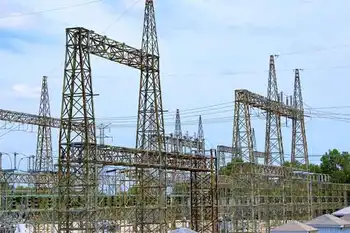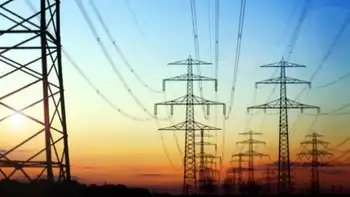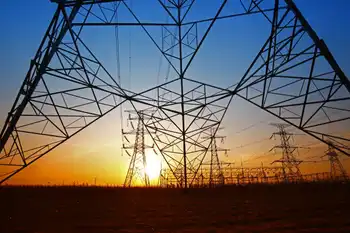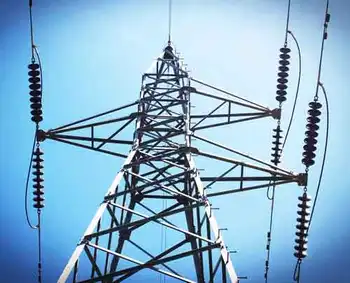Solar power execs bullish on 2010
The industry has struggled to emerge this year from tight credit markets, a global glut of panels and falling prices.
"I think we're already in the middle of a turnaround. We've kind of gone through the low point of the recent past," said Steven Chan, Suntech Power Holdings Co Ltd's chief strategy officer, in an interview with Reuters.
Executives from Sharp Corp, BP's solar unit and other solar power players shared similar optimism about the sector's outlook in 2010 at the Solar Power International conference being held in Anaheim, California.
The industry, which grew at a clip of more than 40 percent for several years, has suffered in the recession, but solar companies kept a bullish attitude on growth next year.
Executives cited various forces that could drive growth in 2010, including U.S. stimulus funds for green projects, extended tax incentives and new financing.
"I call it a warming up," said Ron Kenedi, vice president of Sharp Solar Energy Solutions Group, in an interview at the conference.
Kenedi said work on government projects has been a "bright spot," while BP Solar Chief Executive Reyad Fezzani said new subsidies in markets like India will spur industry growth and that Italy has built up a lot of momentum.
Fezzani predicted the sector could grow globally 50 percent next year and warned that pent-up demand could even spark fresh supply issues.
"It may be that the supply chain may get tight again.... Quite frankly the way this market can shift from long to short and back remains the biggest challenge," Fezzani said during a panel discussion at the conference.
He cited reports that companies that make inverters are running short on inventory, and Suntech's Chan said his company was juggling how to allocate panels among its customers amid good signs for sales for the first quarter of 2010.
Inverters convert the direct current produced by solar cells into alternating current compatible with the U.S. electrical grid.
While panel prices have tumbled about 50 percent over the last year, companies said that the decline is slowing or has even stalled.
Chan said panel prices have been stable in the fourth quarter and they will decline about 8 percent to 10 percent in 2010.
Still, more polysilicon is expected to come onto the market, putting margin pressure on producers of the material, which is used in the majority of panels, said Olaf Koester, chief executive of Solon's U.S. unit, based in Tucson, Arizona.
Some in the industry also remain wary that financing has yet to fully recover. BP's Fezzani said that companies still need banks to provide financing in a timely way.
"They have the intent, they have the resources, they've hired the lawyers to do the due diligence. But, frankly, the issue is they're not signing the checks and it's causing delays," Fezzani told reporters at the conference.
Related News

Alberta Introduces New Electricity Rules
EDMONTON - The Alberta government is overhauling its electricity regulations, a move aimed at reducing spikes in electricity prices for consumers and businesses. The new rules, set to be introduced this spring, are intended to stabilize the default electricity rate paid by many Albertans.
Background on the Rate of Last Resort
Albertans currently have the option to sign up for competitive contracts with electricity providers. These contracts can sometimes offer lower rates than the default electricity rate, officially known as the Regulated Rate Option (RRO). However, these competitive rates can fluctuate significantly. Currently, those unable to secure these…




